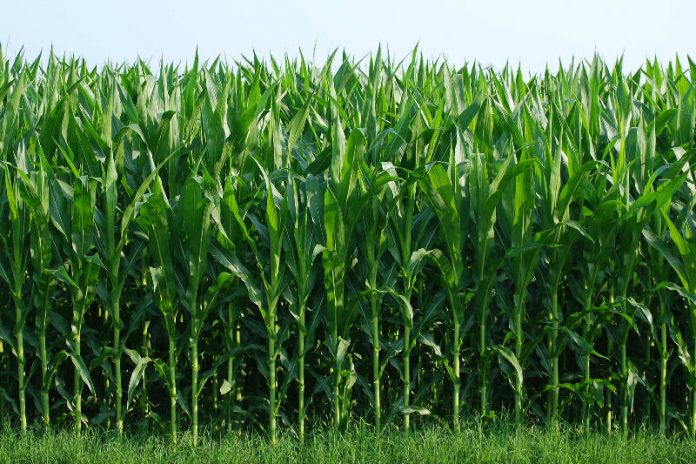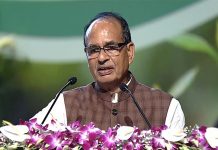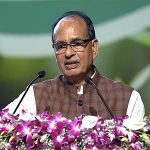The Cabinet is likely to approve a plan to set a minimum price at which millers can sell sugar, among a series of steps, to help improve domestic prices that have fallen below the cost of production amid a glut in production of the sweetener.
Millers have been suffering losses because of surplus output, leading to sugarcane arrears, or the money mills owe to farmers, piling up. Currently, these arrears have increased to ₹20,000 crore.India is the world’s largest producer as well as consumer of the sweetener. Annual output will likely be 30.3 million tonnes in the 2017-18 “sugar season” that comes to a close on September 30. Production in the previous year was 20.3 million tonnes.
Consultations have begun among food ministry, petroleum ministry and finance ministry to overhaul the sugar sector, an official in the food ministry said, requesting anonymity.
Last month, former agriculture minister and Nationalist Congress Party leader Sharad Pawar wrote to Prime Minister Narendra Modi, calling for measures to support the sugar industry and cane farmers. Pawar said India could face a sugar glut in the coming year, too, urging steps to overhaul regulations.
To improve profitability, the food ministry has moved a series of proposals for the interministerial consultations. “The minimum selling price being considered is an ex-mill price, meaning all sugar sold by mills to traders will have to be bought at a pre-determined price, which will factor in the cost of production. It is in the range of ₹30-32 a kg,” the official cited above said.
The proposals moved for Cabinet approval also include a so-called “controlled release mechanism”, the official said. This refers to stock-holding limits for mills based on production capacity, meaning mills will have to adhere to pre-fixed limits on how much sugar they can stockpile. Another key proposal includes creating a buffer stock of 3 million tonnes at the government’s expense.
A second official in the food ministry said the proposals also include policy support to promote exports to four countries: China, Bangladesh, Sri Lanka and Indonesia. “These countries depend on imports to meet domestic demand for sugar. The demand in Bangladesh, Sri Lanka and Indonesia together is about 2.5 million tonnes,” the second official said, also on condition of anonymity.
Sugar is treated as essential commodity under the law ; the government controls the sugar trade and heavily regulates the sector. To improve the margins for mills so that they get a better price and pay off the farmers, the government abolished a 20% duty on sugar exports in March. In April, the government ordered mills to export 2 million tonnes.
“There is also a proposal to impose a cess on sugar sales being decided by GST panel,” said Rohit Aggarwal, director, Comtrade, a commodities trading firm.













first give proper picture of cane…u r showing maize men